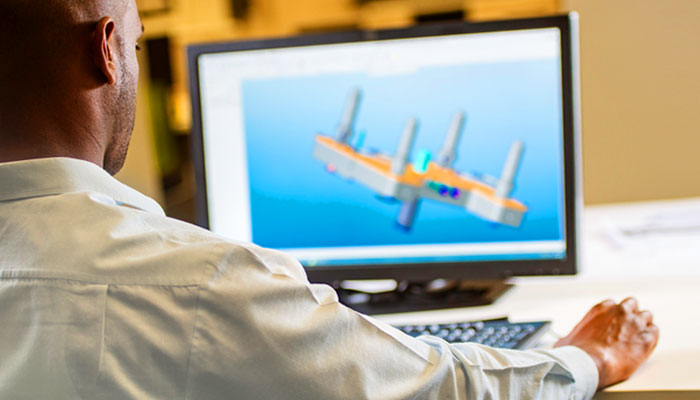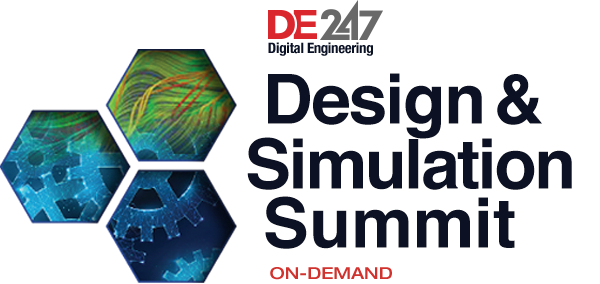

Session 4: Configuring the Right Engineering Workstation

Choosing the optimum workstation configuration for your digital engineering needs can be a daunting proposition. Since the recommended requirements for running professional engineering software is typically much different than that of general computing, you really should not approach the purchase the same way you would for a home computer. Rather, you should base your buying decisions on the software you plan to use.
But that doesn’t mean you have to spend thousands of dollars. This session will explain what you need to consider when purchasing a workstation. You will learn how to understand CPU specs and determine whether you need a CPU with a high number of cores, so you can choose the system that is right for you.
How important is CPU speed? Should you buy an overclocked CPU? We will also explain the difference between ECC and non-ECC memory, decide which you need, and learn how to figure out how much RAM and how large a hard drive you really need. What about graphics cards? You will learn how to determine whether a high-end graphics card is really worth the extra cost and whether you can benefit from GPU acceleration. Should you buy a mobile system or a desktop or tower?
This presentation will explain the things you need to consider and provide a look at the performance features and trends that have had the biggest impact over the past few years.

Speaker/Presenter: David Cohn
Senior Content Manager for CADLearning® products at 4D Technologies
About David
David Cohn is the Senior Content Manager for CADLearning® products at 4D Technologies, where he develops content standards and creates affordable training solutions for Autodesk software. He has been benchmarking PCs since 1984. He is a Contributing Editor to Digital Engineering and the author of more than a dozen books. As an architect, he has more than 35 years of hands-on experience with AutoCAD and 20 years with Revit as a user, developer, author, and consultant. He was one of the earliest AutoCAD third-party software developers, creating numerous add-on programs. As an industry consultant, David has worked with many well-known companies, and at one time or another has used nearly every CAD program since the release of the original IBM PC in 1981.

Moderator: Kenneth Wong
Senior EditorDigital Engineering
About AMD
AMD proudly announce the latest generation of AMD Radeon™ PRO W6000 series graphics cards, meticulously engineered to deliver ultra-high viewport framerates, dependability, as well as serious performance and certifications for popular professional applications. Engineered from the ground-up, the underlying AMD RDNA™ 2 architecture is the established graphics foundation of leading gaming consoles, delivering a broad range of premium features including hardware raytracing support as standard.
Not sure which GPU is right for your software? Use this interactive selection tool. https://www.amd.com/en/graphics/pro-gpu-selector
2485 Augustine Drive
Santa Clara, California, 95054
AMD Resources



About Rescale
Rescale empowers engineers and scientists to automate and optimize their workflows on the latest specialized HPC infrastructure available. Governed by best in class security and reliability, the Rescale platform was built to enable global teams to collaborate seamlessly and manage multiple workloads across different tools.
3 Main Reasons Engineers Use Rescale:Operational Efficiency - Automate non value adding tasks, intelligently manage software licenses, and eliminate queues to meet project timelines.
Performance and Cost Optimization - Increase model fidelity and scale in confidence with budgetary policies and Rescale’s proprietary workload optimization engine.
Turnkey Platform - Access to a single point of entry for over 600 software applications and dozens of specialized HPC infrastructure options already configured and optimized for engineering simulation.
San Francisco, California, 94102
Rescale Resources


Engineering Computing Resources



we'll send you a reminder before the event.





